TRANSFORM YOUR TEAM'S SEASON WITH PROFESSIONALLY PLANNED SESSIONS
Use our expert plans or build your own using our library of over 700+ drills, and easy-to-use tools.
JOIN NOWDuring a recent U17's league game, the opposing side took two consecutive quick tap penalties. During a break in play shortly after, as the coach attending an injured player, I questioned the referee on the legality of this passage of play, as my understanding was that two consecutive quick taps, used to catch the opposition in an offside position and therefore gain terratorial advantage, was not allowed under current law. The referee responded that this law is at his discretion and when we discussed after the game, he stated there is no such aw and that it is a "gentlemens agreement". I have since reviewed the laws on penalties and there is no specific law preventing a side taking two quick tap penalties. Has anyone else come across this interpretation and how can this be managed consistantly if when watching elite games, such a move is not allowed yet can be allowed at junior level ?
YES had same problem this season as well with diff refs the answer I got was the team CAN take a second quick tap ONCE the ref gives the mark (some are taking time in giving this mark) so that opposition have time to retreat the ref told me that the feeling was that higher up the leagues scrum halfs mostly were taking quick tap the first time NOT to make ground/score try but purely to gain the extra 10 metres THEN the kicker would look for 3 points .....
It is at the refs option but generally they will not allow you to take 2 quick taps. I have found that its teams that complain to the ref all the time that this ends up happing to. In the end it is all about team discipline.
My view as a referee refereeing juniors at about this level, is that the issue falls as to how the referee manages (or should manage) the game. Certainly the second penalty cannot be taken until the referee has made the mark and in this the referee has a management tool to use, assuming he has first decided that a second penalty should be given. My approach is to judge%3A on the one hand by the infringing team whether there is a genuine attempt to withdraw or whether its players are deliberately attempting to deny the team taking the penalty the advantage of the space and momentum which should be afforded them by turning and facing short of the distance or closing on the ball carrier thereby slowing the game down, and on the other hand by the team taking the penalty, whether there is an attempt to 'milk' another penalty by taking a quick tap and deliberately running into withdrawing players. The referee can manage the retiring players by calling them offside and to keep going back, and then if they fail to respond penalise them. The speed of the second penalty (controlled by making the mark) could be from pausing until the infringing side had withdrawn totally, to waiting until there is a reasonable space for the ball to be taken (say 5 metres) with the infringing team to keep withdrawing, or to move quickly to the 10m and make the mark immediately. It would probably be useful for the referee to escalate up this range and let the infringing team captain know what you are doing to ensure a quicker compliance (believe me, once you do it quickly, it is amazing how quickly the infringing team responds). Then if the team taking the penalty try to milk another penalty by going directly into withdrawing players instead of moving the ball into space, the referee would probably call 'play on'. Unfortunately those in the North will not have had the pleasure of playing with the modified santions with the ELV's, and this issue would occur often with the free kick and the increased speed of the game and restart. The beauty of this for the referee (apart from the beauty of it for the spectators and those youngsters playing the game - but that is another story) was that there was another range of escalation which could be employed by escalating up to full penalty and at that stage the kick for touch or goal would then become an option.

in more ways than one
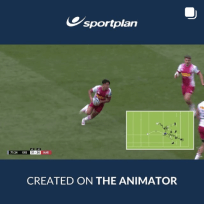
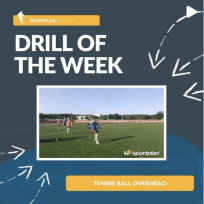
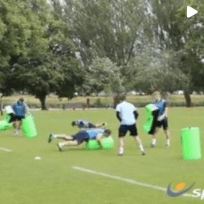
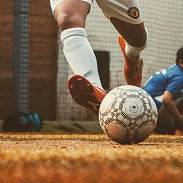
As Easter approaches, what greater resource is there than Sportplan to energise your coaching in 2025? Here are the reasons why...
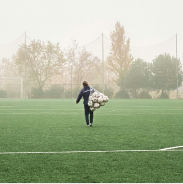
Here are the 5 ways that you can kickstart your 2025 in the correct way with Sportplan and make this the best coaching year you have had!
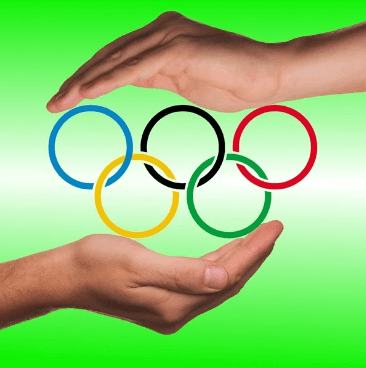
How did the Modern Olympics originally begin and why are they so culturally significant today?
Use our expert plans or build your own using our library of over 700+ drills, and easy-to-use tools.
JOIN NOW